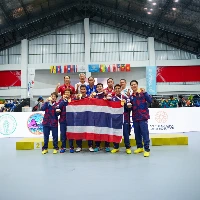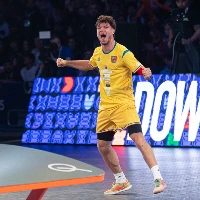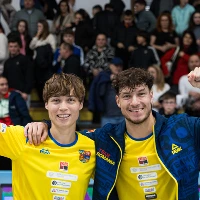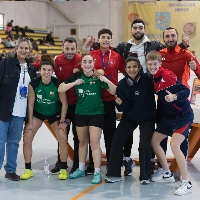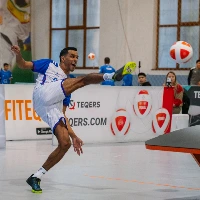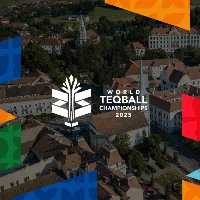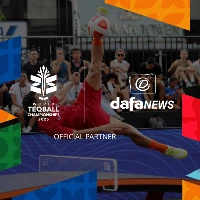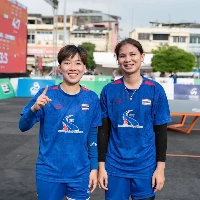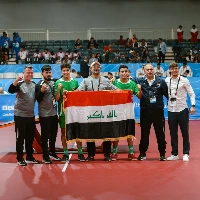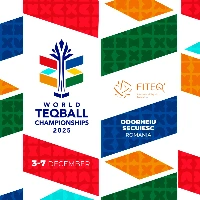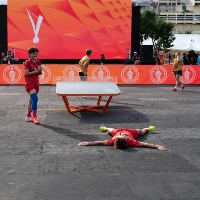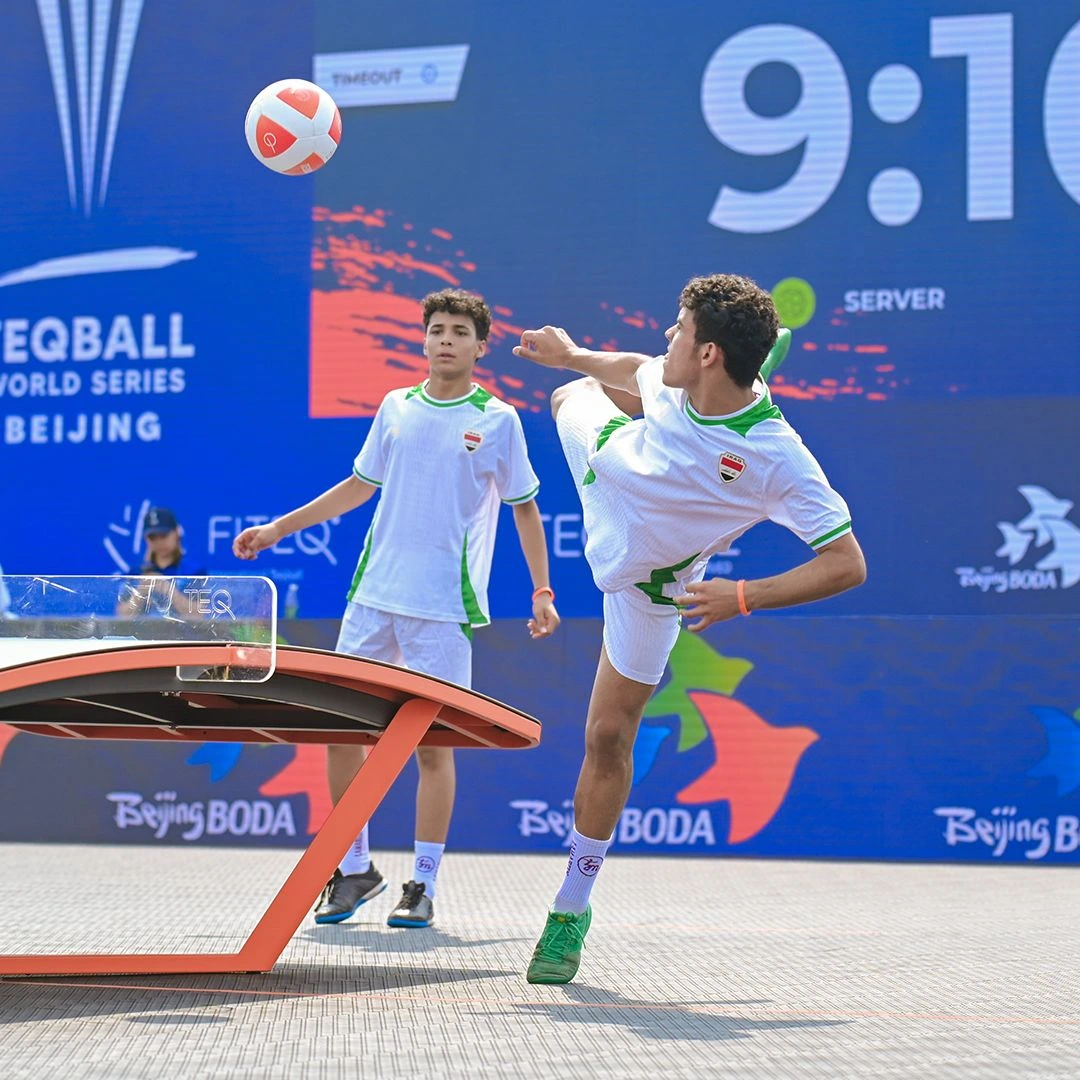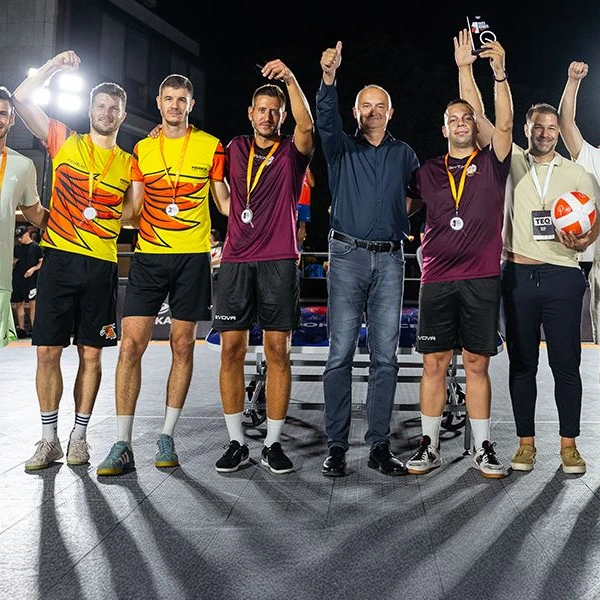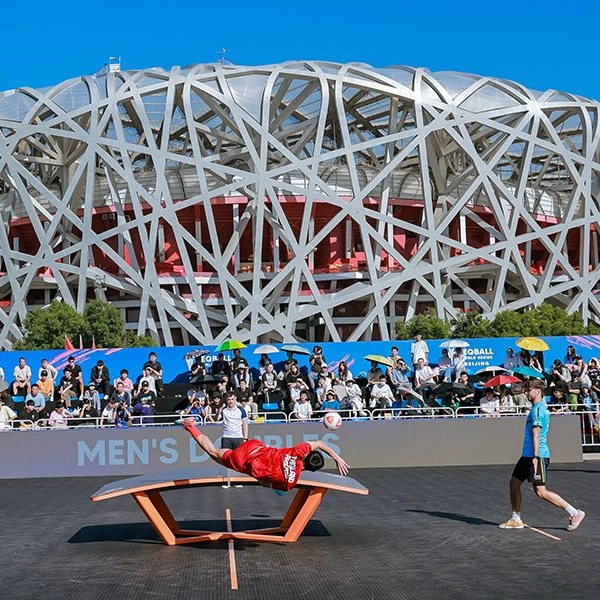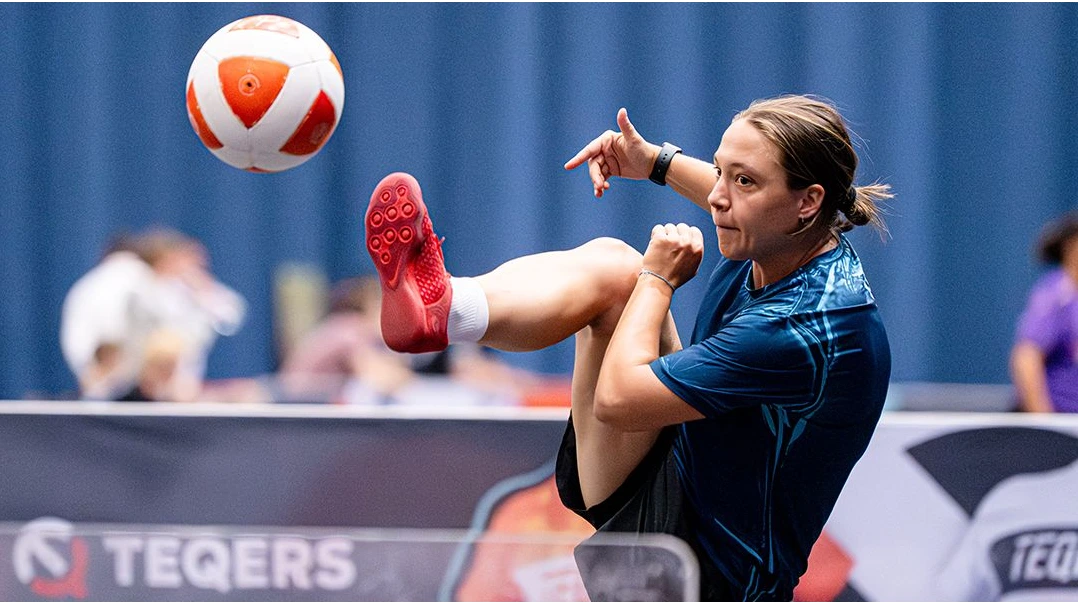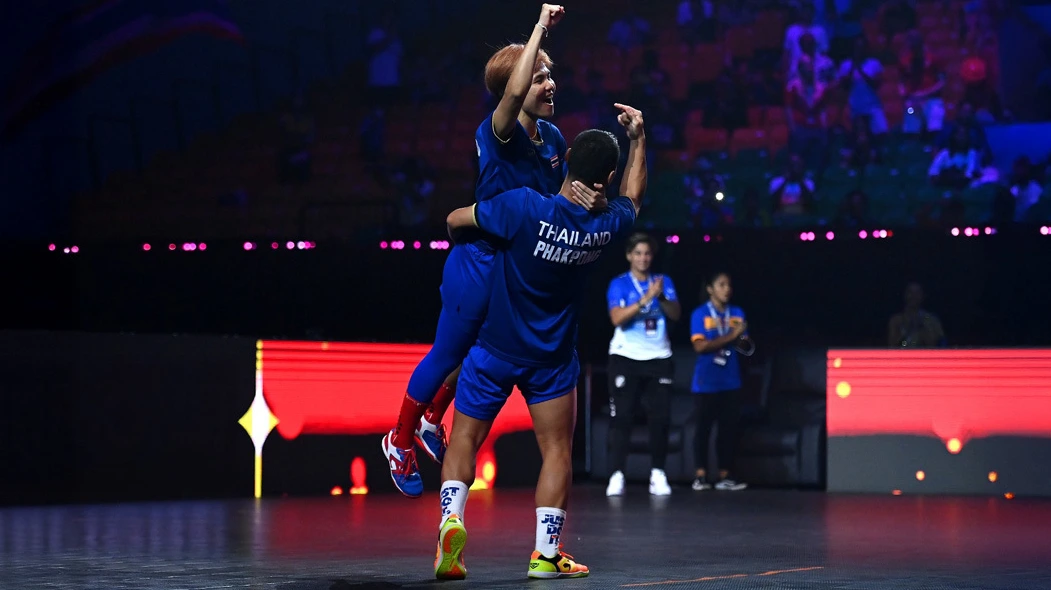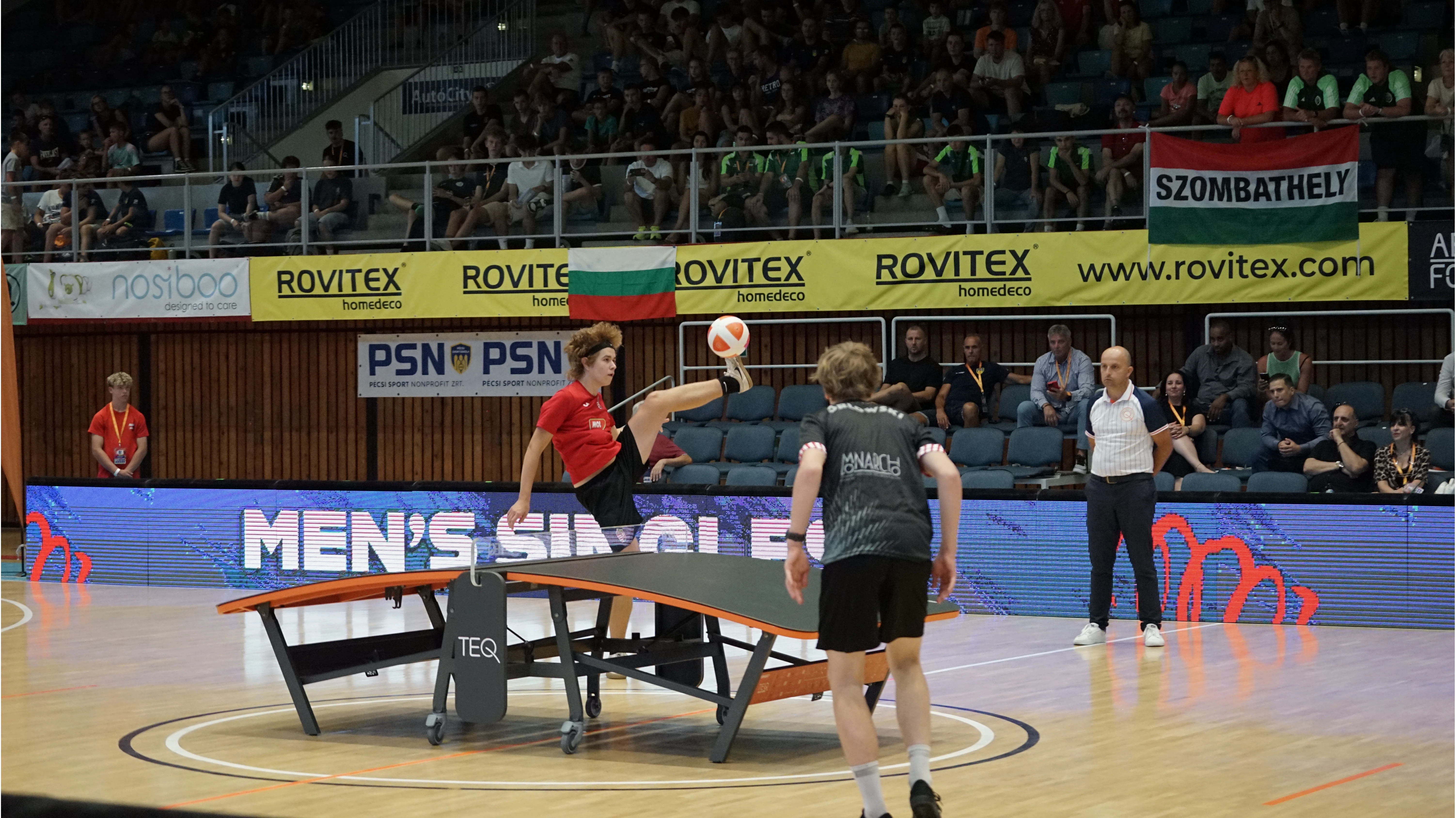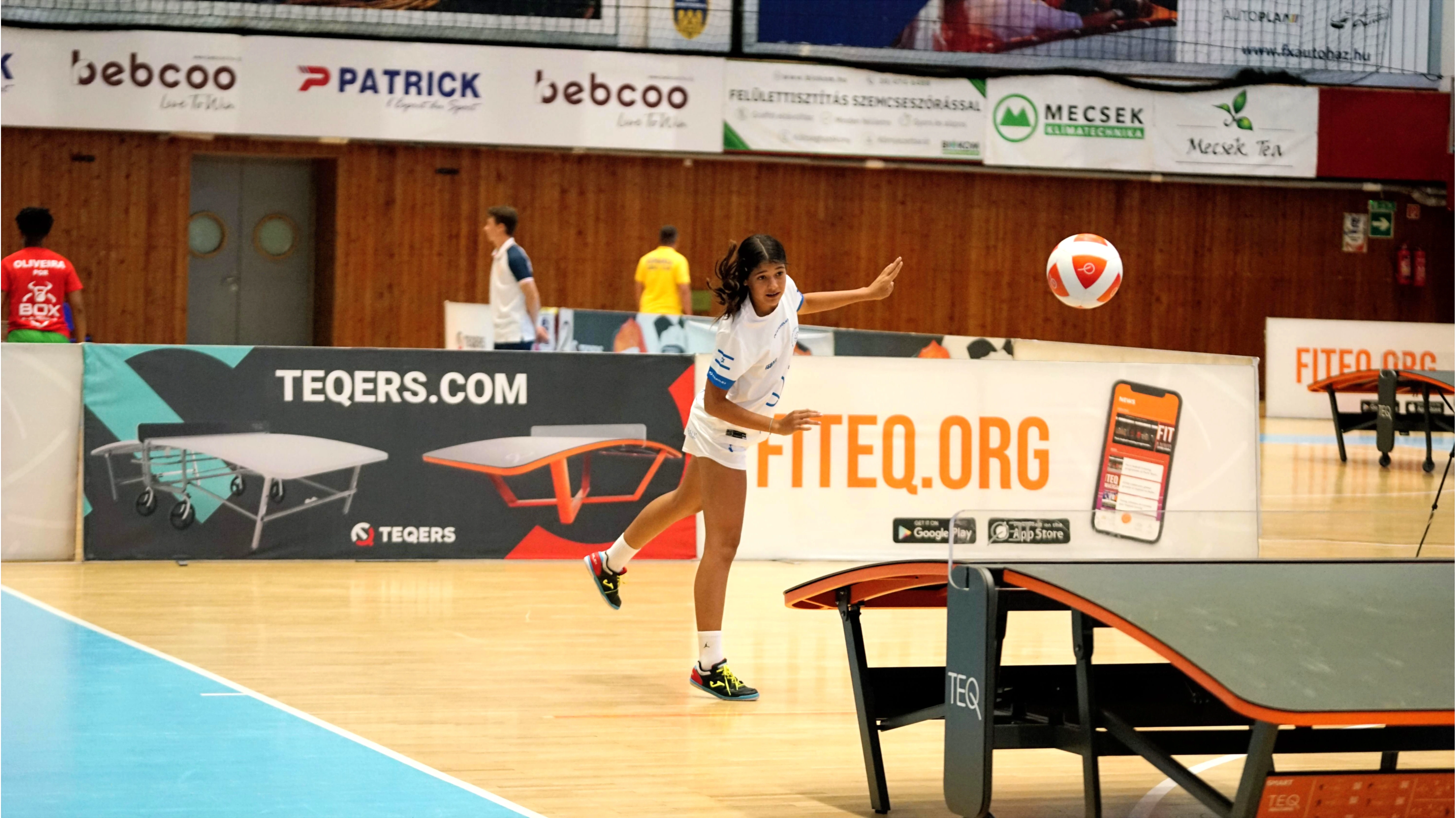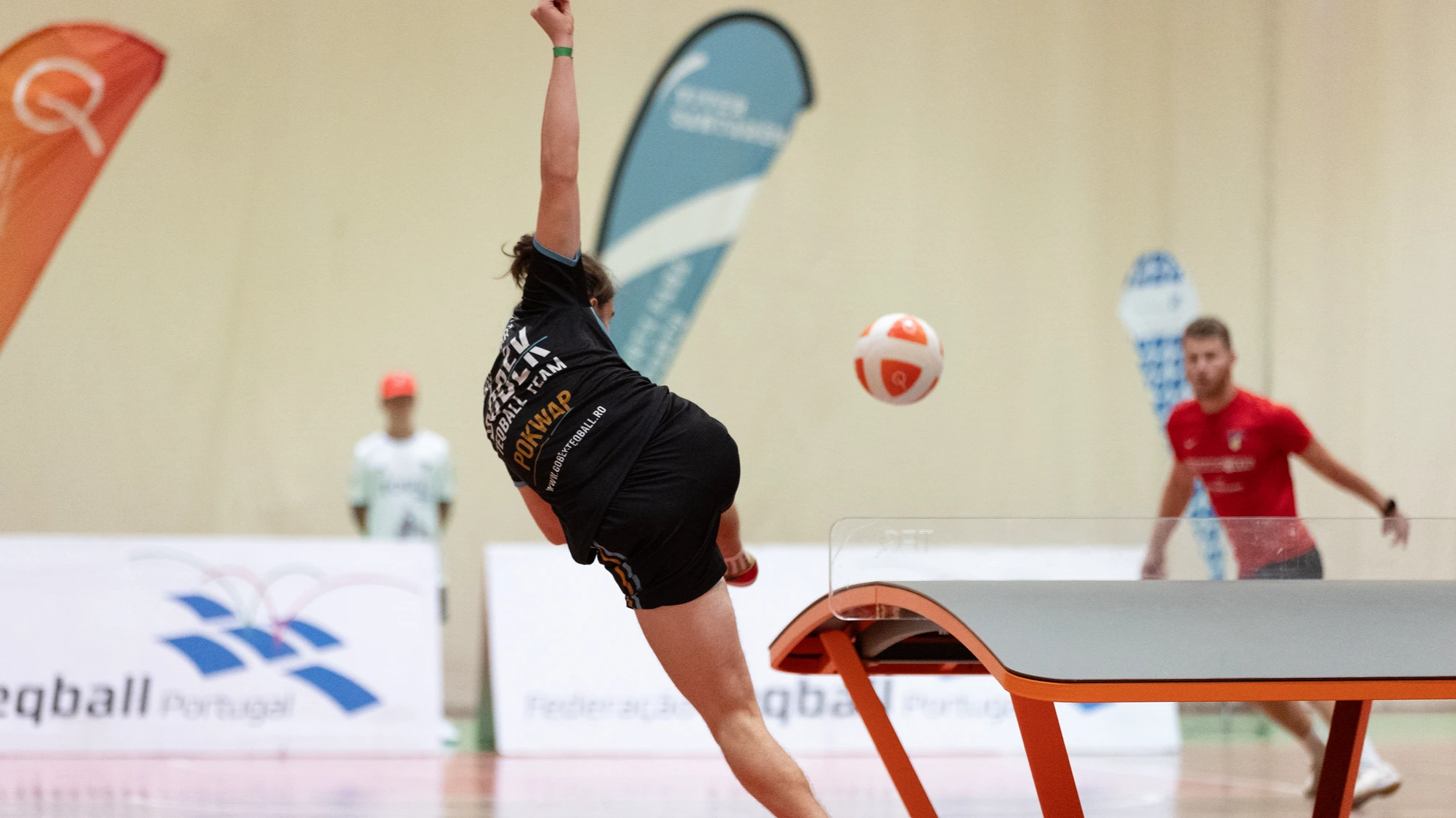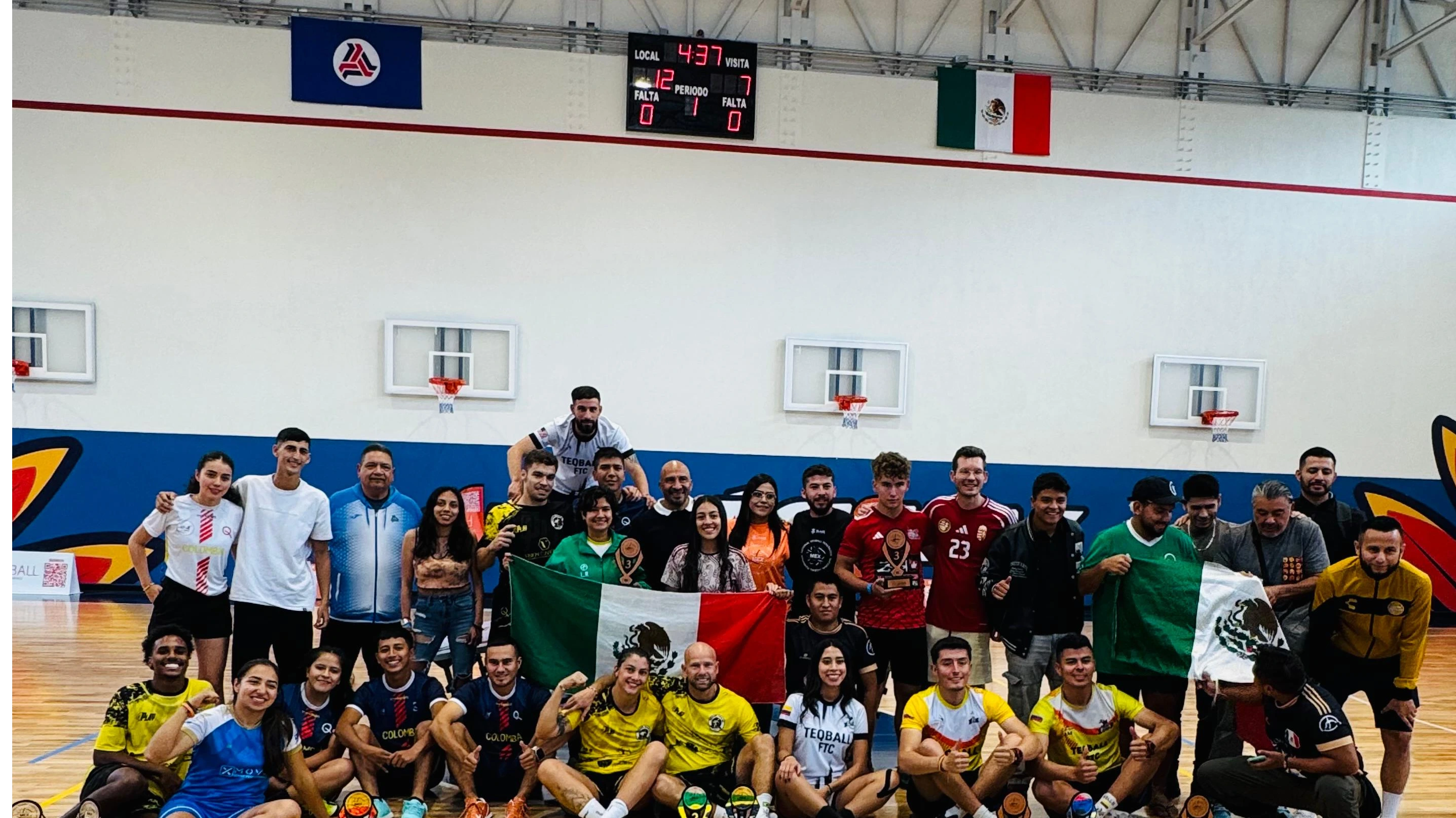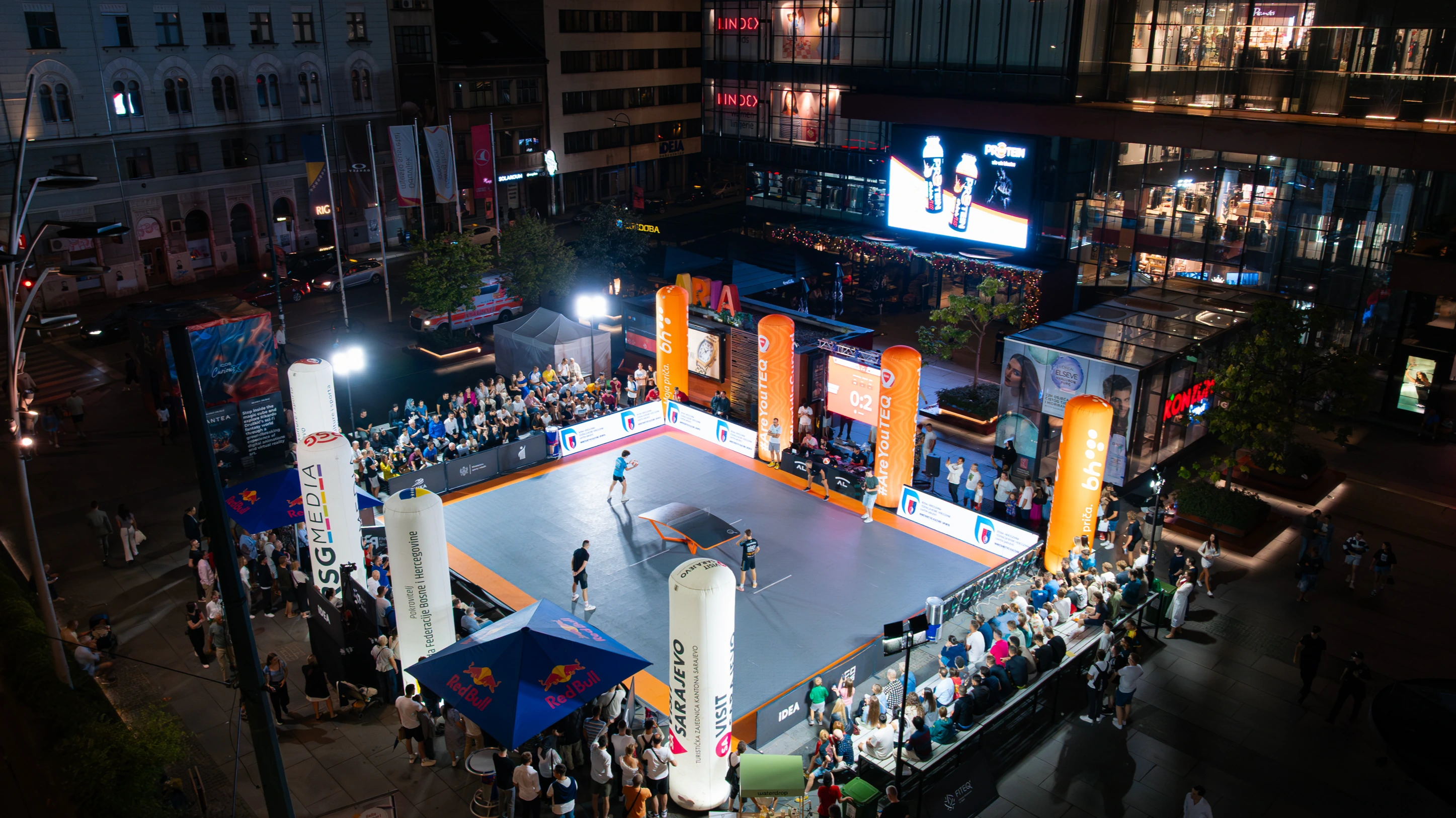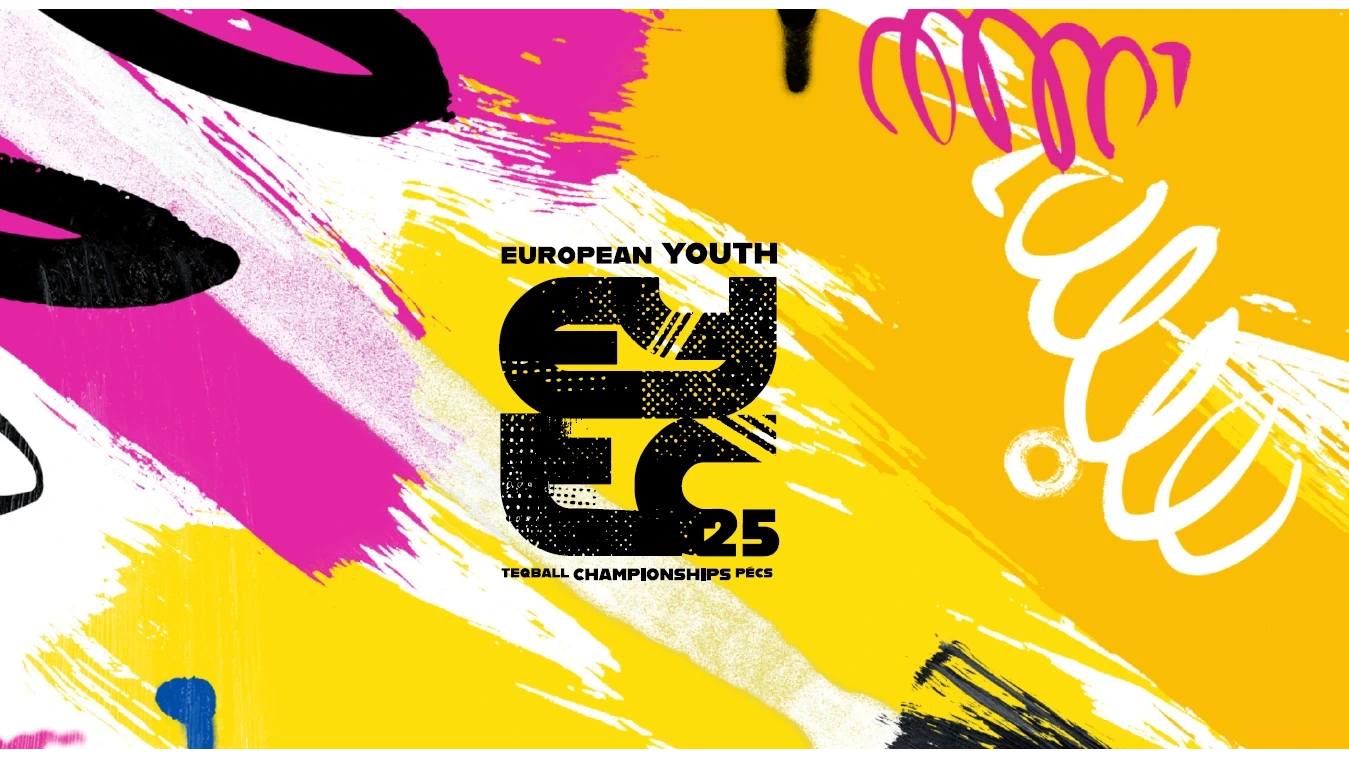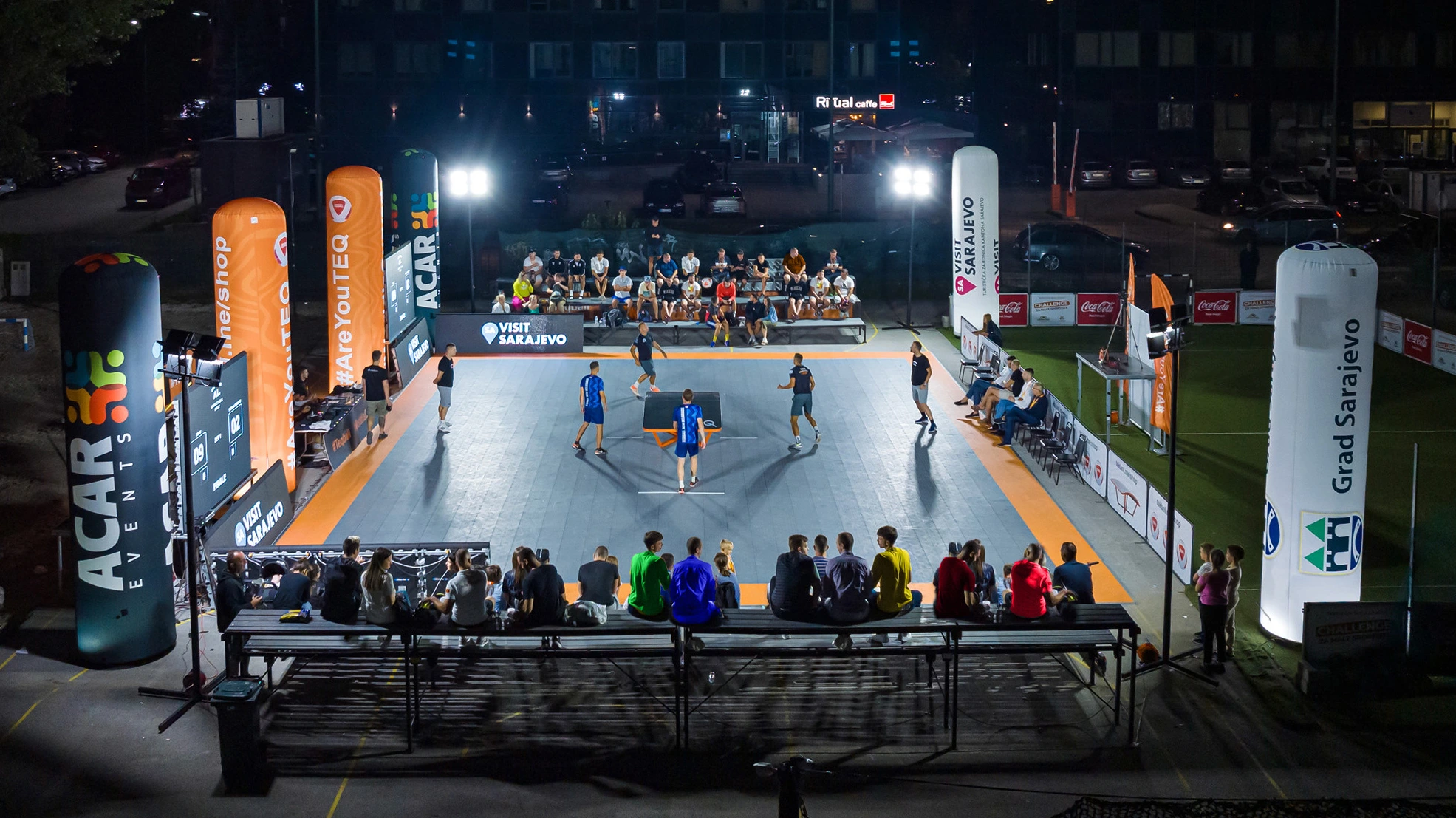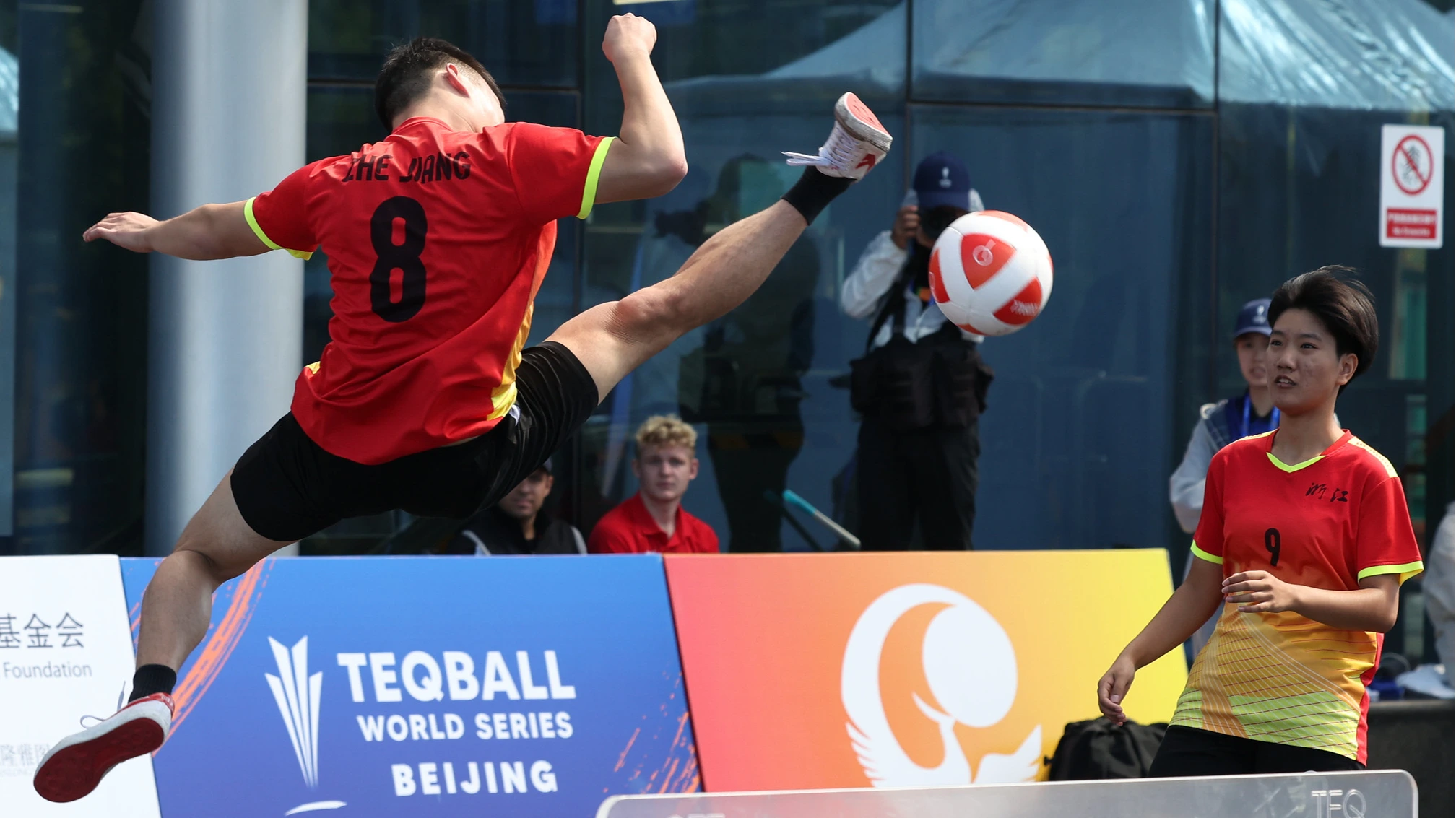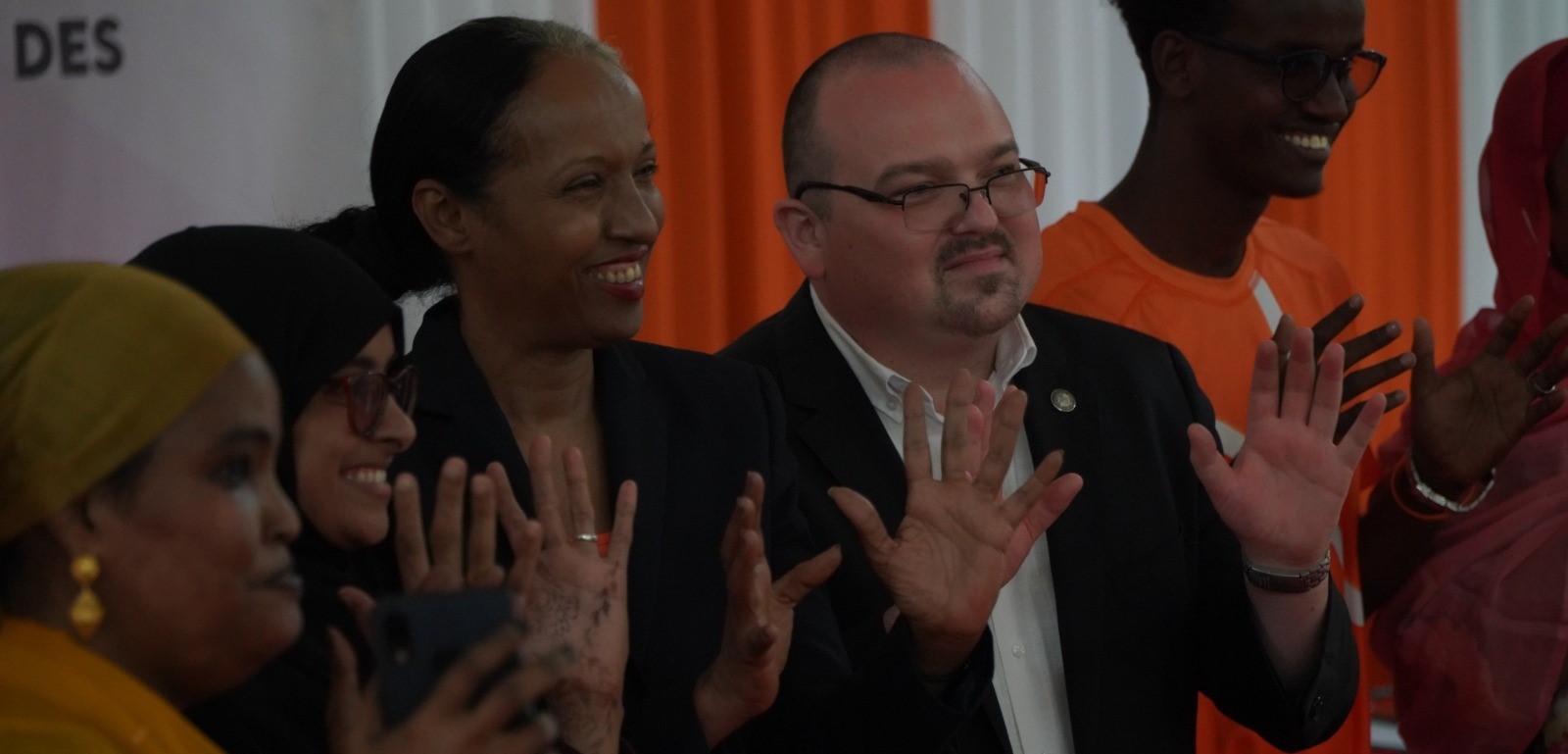
Interview with Marius Vizer Jr (FITEQ General Secretary) - Teqball Roadshow
FITEQ General Secretary Marius Vizer Jr is leading the Teqball Roadshow, a programme launched in February 2021 with the aim of accelerating National Teqball Federation's development in key areas such as education, governance, sustainability, CSR, competitions, and club development. In this interview, he tells us about his experiences on the road so far…
In February, FITEQ launched a programme called the Teqball Roadshow. Can you tell us more about the roadshow and what you are hoping to achieve with this programme?
The roadshow was launched to support our National Federations during and after the COVID-19 pandemic. We are aiming to help them grow the sport in their country by increasing organisational capacity, in line with FITEQ’s National Federation Evaluation Tool. This tool helps us track the progress of all our federations in key areas such as competitions, governance, communication, financial sustainability and CSR. But importantly, it also enables federations themselves to measure their own progress against that of others, so that areas of improvement can be identified and best practice can be shared to help them continue developing.
What are the key activities during a typical Teqball Roadshow visit?
The activities of the roadshow are centred on the elements mentioned above. We are delivering practical, educational workshops for coaches, referees and athletes, as well as for the different departments of the federation. An important focus has been communication, particularly via digital media, which has been at the heart of Teqball’s growth. Through social media, we are able to share content from the global Teqball family with our 4 million followers every day and we want to show our federations how they can best use these channels.
From an administrative perspective, we are demonstrating how they can take advantage of our online educational resources, as well as how to use FITEQ’s athlete database effectively. Lastly we are trying to motivate them to be as active as possible from a CSR standpoint. FITEQ has helped deliver sustainability initiatives, such as tree planting programmes and waste collection, as we look to instil an environmentally and socially conscious mindset in all of our federations. During the roadshow, we also launched our new Table of Peace programme in Djibouti. Through this programme, we are donating Teq tables to post-conflict and disadvantaged communities in collaboration with local partners. Throughout the course of the roadshow, we will have other Table of Peace activations.
Which countries have been visited so far?
So we have been to Djibouti, Uzbekistan, Sri Lanka, Lebanon, Cape Verde, Madagascar, South Africa, Nigeria and Senegal.
Can you tell us more about the development of Teqball in these countries? What impact do you expect the Teqball Roadshow to have in these countries?
The feedback from all of our visits so far has been very positive. The presence of the FITEQ leadership and education team (including sport instructors) is very valuable for our federations. It gives them inspiration and motivation to develop their activities even further and they can see that Teqball is one big family. We have seen immediate results from the roadshow visits, for example in South Africa where we helped the National Federation launch the country’s first Teqball club – Teqball Fat Cats. We were also invited to present Teqball on a national television network, which gave us the opportunity to share the Teqball vision with millions of people in the country.
The roadshow is helping us accelerate the growth of Teqball in countries that have amazing potential. Running workshops, particularly for referees and coaches, is integral in helping solidify the foundations of the sport in each country. We are expecting federations to use this experience as a springboard for continued growth, attracting more players and fans to the sport. Following our visits, we regularly receive requests from people who want to be a part of the Teqball movement, which is really encouraging and a sign that the roadshow is achieving its objectives!
Which elements of Teqball development are the most advanced in the countries you have visited and what parts need more attention and support?
I have seen that the gameplay is developed and the players have a lot of potential. They can of course still improve different elements of their technique, for example perfecting the smash. The workshops with our sport instructors have been really helpful in this regard and it was great to see immediate progression. One of the biggest challenges we have identified is that the use of social media and internet is not always widespread in the countries we have visited. In some countries, different social media platforms are used and in other countries, internet connectivity is an issue. This prevents them from engaging with the wider Teqball family online in the way that we would like.
Many countries are still in lockdown, what challenges has this presented for the Teqball Roadshow?
The most difficult challenge has of course been travelling between countries. Regulations and travel restrictions are changing on a daily basis and it is crucial that we stay up to date with this. We also have to follow quarantine measures in a number of countries, which are vital to keeping people there safe. In Madagascar, for example, we had to quarantine on an island for 34 hours before we travelled to the capital and then when we left, we had to go back to Europe before we could travel to South Africa. This can be tiring but we are eager to interact with the Teqball family after a year of limited face-to-face contact. Throughout the pandemic, we have always said we will not let it affect our sport’s global growth. We will continue to prioritise health and safety, but where possible we want to travel to see our National Federations.
Is the Teqball Roadshow dedicated to supporting National Federations during the pandemic, or do you plan to continue the programme after COVID-19?
Through our National Federation Evaluation Tool we have identified the countries that are priority in terms of needing FITEQ's support with development. However, the roadshow is available to all countries and we are committed to supporting everyone. Exchanging views and are sharing the lessons FITEQ has learned is a great motivation for the future growth of our federations. This will continue beyond the COVID-19 pandemic, where it will actually be easier to travel and conduct our activities.
It sounds like you have been very busy and travelling a lot! Where are you heading next?
I have been busy but unfortunately I’ve not been able to travel to all of the countries that have been part of the roadshow. To maximise its impact, we are visiting multiple countries at the same time. Whilst I want to be in two places at once, it’s not possible! I am travelling to the countries where my presence can be most valuable, which is usually where we are meeting with senior sport officials in the National Olympic Committee or government of a country.
Next up on the roadshow is Tunisia, Palestine, Syria, Jordan, Maldives, Serbia, Republic of Moldova, Croatia, India, Kazakhstan and many more. The timing of these visits is of course dependent on COVID-19 restrictions.
